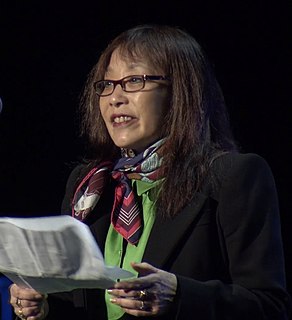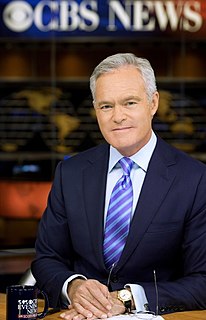A Quote by Glenn Greenwald
Many of the most important stories in the history of modern journalism have come from sources who have taken information without authorization.
Related Quotes
Anyone who does investigative journalism is not in it for the money. Investigative journalism by nature is the most work intensive kind of journalism you can take on. That's why you see less and less investigative journalism at newspapers and magazines. No matter what you're paid for it, you put in so many man-hours it's one of the least lucrative aspects of journalism you can take on.
On the economy, the U.S. cumulatively is our most important investor, most important trading partner, most important sort of tourists, and we have now a tie that will... a link that will be here for many, many years to come, and that is the big Philippine-American community in the United States - three million of them.
Healthy areas that are richest in information are those areas in the wild where we can get all the information that's available to us within our human hearing range. The most valuable information throughout human evolution has been faint sounds. We tend to think in our modern world that if it's loud, if it grabs our attention, it's important. We get a lot of that in advertising. But in nature, it's the faintest sound that's important; it has determined, in the past of our ancestors, perhaps, if they will live or die. Faint sounds are the earliest clues of newly arriving information.

































